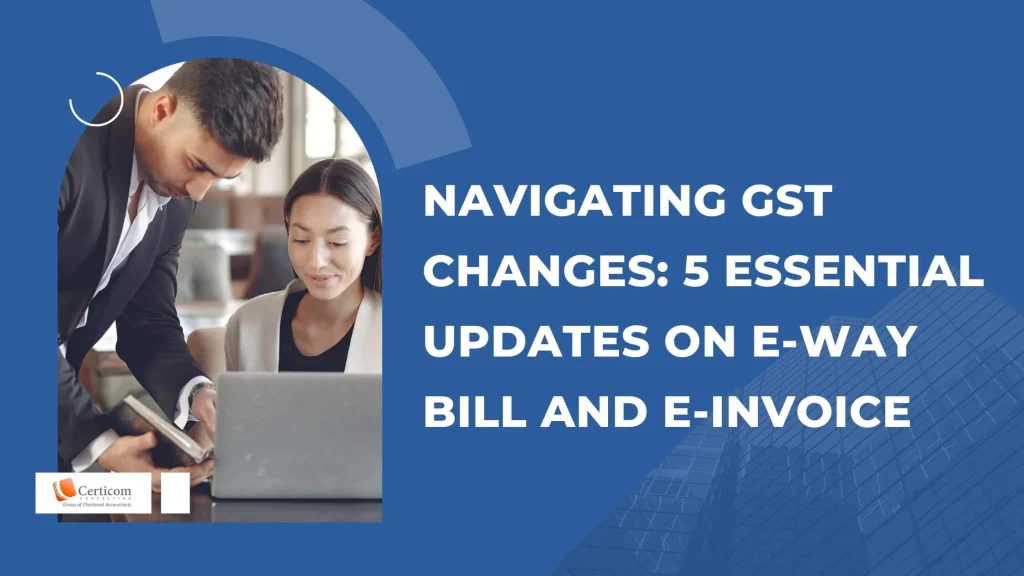- Have any questions?
Tips for Smooth and Hassle-Free Income Tax Return Filing

Filing your income tax return is a vital part of managing your finances and requires careful attention. Follow these structured steps and guidelines to ensure a seamless and accurate process.
Gather All Income and Investment Documents
Collect all relevant information on your income sources, such as salaries, rental income, business profits, capital gains, and other income. Use documents like Form 16/16A, bank statements, interest certificates, and investment receipts. This thorough collection is essential for an accurate tax return.
Choose the Appropriate Tax Regime
Decide between the new and old tax regimes. The new regime is the default, but if the old regime benefits you more, file Form 10IE before submitting your tax return. Assess both regimes to determine the best option for your financial situation.
Match Incomes with 26AS and AIS
Download your Form 26AS and Annual Information Statement (AIS) and compare these with your compiled income details. Address any discrepancies by contacting the appropriate deductors. Aligning your records with the tax authorities’ data helps prevent issues.

Select the Correct ITR Form
Choosing the right Income Tax Return (ITR) form is crucial. Here are the seven forms and their eligibility criteria:
- ITR-1: For resident individuals with income up to ₹50 lakhs from salary/pension, one house property, and other sources.
- ITR-2: For individuals/HUFs with income over ₹50 lakhs, more than one house property, capital gains, other sources, foreign income/assets, and company directors.
- ITR-3: For individuals/HUFs with income from business/profession where accounts are maintained or audited, and firm partners.
- ITR-4: For individuals, HUFs, and firms with presumptive income, including incomes covered in ITR-1.
- ITR-5: For firms, LLPs, AOPs, and BOIs.
- ITR-6: For companies, except those claiming exemption under section 11.
- ITR-7: For trusts, charitable/religious institutions, political parties, scientific research associations, and educational institutions.
Verify Personal Details
Ensure all personal information such as PAN, address, contact details, and bank accounts are accurate in the ITR form. Verify that your PAN and Aadhaar are linked to avoid any filing issues.
Provide Full and Accurate Disclosures
Declare all your incomes and claim only eligible deductions or exemptions. Avoid false claims. If your income exceeds ₹50 lakhs, complete the schedule of assets and liabilities. Also, disclose any foreign assets or company directorships as required.

Include All Operative Bank Accounts
List all your active bank accounts in your ITR. Ensure that the bank account for refunds is pre-validated to prevent delays.
File Your ITR Before the Deadline
Avoid last-minute stress by filing your tax return well before the deadline. For individuals and non-audit cases, the deadline is 31st July 2024, and for audit cases, it is 31st October 2024. Late filing can result in penalties and loss of certain benefits, like carrying forward losses and claiming deductions.
Verify Your Filed Income Tax Return
After filing, verify your return within 30 days to ensure it is processed. Verification can be done through e-Verification or by mailing a hard copy to the Centralized Processing Center (CPC), Income Tax Department, Bengaluru. E-verification is recommended for quicker processing.
Related Post
Navigating GST Changes: 5 Essential Updates on E-Way Bill and E-Invoice
Pros and Cons of Presumptive Taxation Scheme for Professionals
Book A One To One Consultation Now For FREE
How can we help? *




